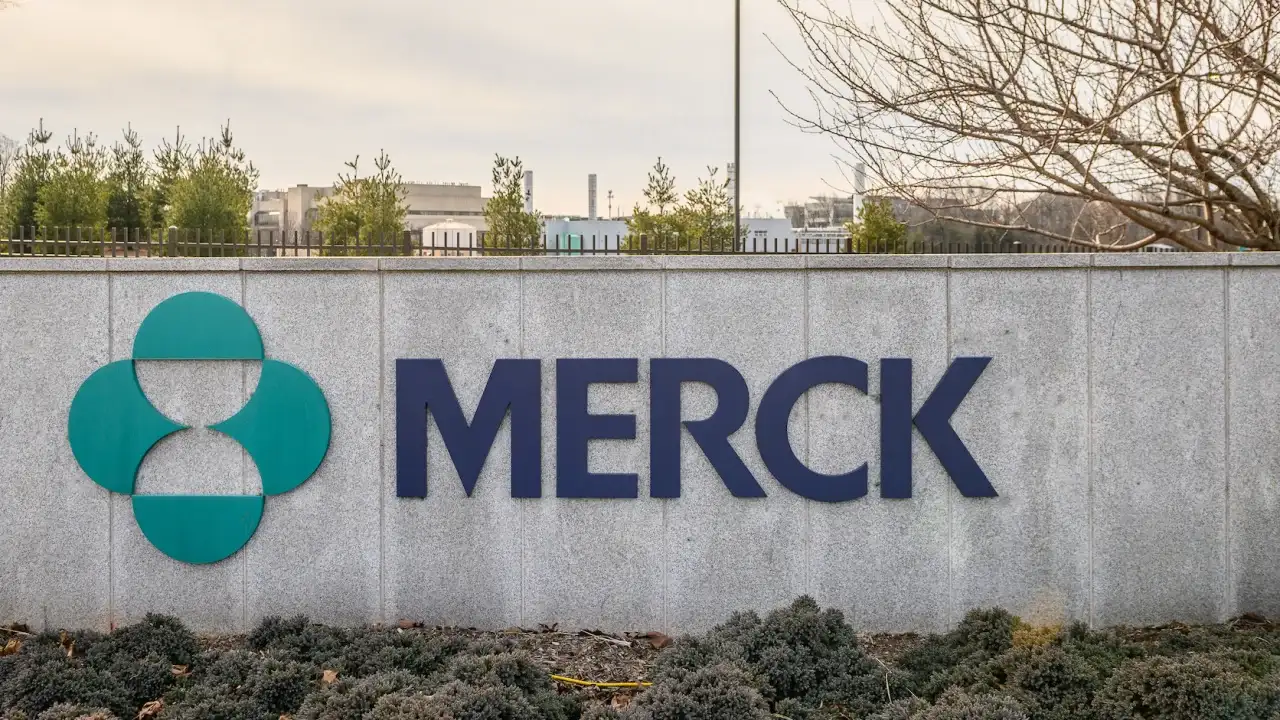In the coming months, the federal government plans to unveil the first ten drugs subject to Medicare’s historic price negotiations.

However, pharmaceutical companies and their allies are actively working to impede these negotiations. Merck, the US Chamber of Commerce, and Bristol Myers Squibb have recently filed separate lawsuits against the government, arguing that Medicare’s authority to negotiate drug prices is unconstitutional.
In response, the Biden administration staunchly defends Medicare’s negotiating power, asserting that it does not violate constitutional principles. Legal experts anticipate that the challengers will face significant hurdles in court.
Medicare’s Enhanced Authority
Last year, congressional Democrats passed the Inflation Reduction Act, a significant milestone in their pursuit of empowering Medicare to negotiate prices for certain high-cost drugs dispensed at pharmacies and administered by physicians. Although this provision falls short of the comprehensive approach desired by some Democrats, it offers Medicare an opportunity to leverage its influence to lower medication costs for the federal government and elderly Americans, even though the precise savings for beneficiaries remain uncertain.
Under the legislation, the Secretary of Health and Human Services gains the authority to negotiate prices for ten drugs in 2026, fifteen drugs in both 2027 and 2028, and an increasing number of drugs each year, with a total of twenty drugs starting from 2029. Only drugs that have been on the market without competition for a specified period are eligible for negotiation.
For the initial two years, only Part D drugs purchased at pharmacies will be subject to negotiations, while negotiations for Part B drugs administered by physicians will commence in 2028.
READ ALSO: Navigating Con Edison’s Summer Energy Pricing: Tips for Saving on Your Bills
The negotiation process, outlined by the Centers for Medicare and Medicaid Services (CMS) in March, includes a 30-day comment period. On September 1, the CMS will announce the first ten Part D drugs selected for negotiation, granting manufacturers one month to decide whether they will participate by signing agreements.
The negotiation period will conclude on June 30, 2024, with an initial maximum fair price offer sent to manufacturers on February 1, 2024. Manufacturers will have 30 days to accept the offer or propose a counteroffer. During the negotiation period, up to three in-person meetings may take place, and the CMS will provide a final written offer by July 15, 2024. Manufacturers must accept or reject the offer by the end of that month.
The negotiated maximum fair prices will be publicly disclosed on September 1, 2024, and will take effect at the beginning of 2026. The CMS aims to establish a single price for a 30-day supply of each selected drug.
The initial set of drugs subject to negotiation will be chosen from the top 50 Part D drugs with the highest total expenditures in Medicare. In developing the initial offer, the CMS will consider factors such as the clinical benefits of the drugs, their ability to address unmet medical needs in specific populations, and the prices of alternative therapies within the same drug class.
The CMS will evaluate the selected drugs based on health outcomes, side effects, and other metrics compared to alternatives. Additionally, research and development costs, patent protection, federal support, and production and distribution expenses will factor into the evaluation.
Failure to comply with the negotiation process may result in an excise tax or the removal of drugs from the Medicare and Medicaid markets. The provision is projected to reduce spending by approximately $102 billion over a decade, according to the Congressional Budget Office.
Legal Challenges by Pharmaceutical Companies
Merck, the US Chamber of Commerce, and Bristol Myers Squibb have individually filed lawsuits against the government, challenging the constitutionality of Medicare’s drug price negotiations.
Merck lodged its complaint in early June with the US District Court for the District of Columbia. The company asserts that the program is a “sham” lacking genuine negotiations or real agreements. Merck’s complaint alleges that once a drug is unilaterally selected for inclusion in the program, the manufacturer is compelled to sell the drug to Medicare beneficiaries at a price dictated by the agency, representing at least a 25% to 60% discount. Merck characterizes this as “tantamount to extortion.”
The complaint further argues that the provision violates the Fifth Amendment’s “takings” clause, as it allows Medicare to acquire patented drugs from manufacturers without fair market value compensation, under the threat of severe penalties. Merck contends that patented pharmaceuticals are private property protected by the “takings” clause. Additionally, the complaint asserts that the negotiation process infringes on the First Amendment by coercing manufacturers into expressing agreement with the government’s dictated price, deeming it fair.
Bristol Myers Squibb has also initiated legal action by filing a lawsuit with the US District Court for the District of New Jersey, Trenton. The company alleges that the requirement for drugmakers to negotiate violates the First and Fifth Amendments. Bristol Myers Squibb likens the negotiation process to the government dictating the price it will pay to purchase a house and forcing the owner to accept an unfairly discounted price, backed by the threat of an excessive tax.
The company anticipates that its blood-thinning medication, Eliquis, will be subject to negotiations this year, while its cancer medication, Opdivo, will be selected in subsequent rounds.
Similarly, the US Chamber of Commerce has filed a lawsuit in the US District Court for the Southern District of Ohio, arguing that the negotiation provision infringes on constitutional protections for free enterprise. The chamber echoes the claims of violations of the Fifth and First Amendments and adds that it also violates the Eighth Amendment by imposing an excessive fine on drugmakers who refuse to negotiate and continue selling their products to the Medicare market.
The chamber’s complaint notes that one of its members, AbbVie, manufactures Imbruvica, a medication used to treat certain blood cancers, which is expected to be included in the initial list of drugs subject to negotiation.
A Challenging Legal Battle
The Biden administration expresses confidence in its ability to succeed in court, asserting that there is nothing in the Constitution that prevents Medicare from negotiating lower drug prices.
Legal experts also find the challengers’ arguments weak. They explain that historical “takings” cases involve physical seizure or denial of ownership, unlike this legislation, which does not confiscate drug companies’ patents. Regarding the First Amendment claim, experts argue that pharmaceutical manufacturers are not being compelled to speak; rather, they are being asked to sell their products at a price set by the government.
The Biden administration emphasizes that the pharmaceutical companies claims are premature since the negotiation process has yet to begin, and final prices have not been determined.
Ultimately, the courts will decide whether Medicare can proceed with its drug price negotiations. However, these legal challenges introduce a new level of uncertainty to the Biden administration’s efforts to reduce the cost of prescription drugs for millions of Americans.
READ ALSO: Southaven Completes Sales Tax Rebate for Tanger Outlets, Marks Economic Milestone




